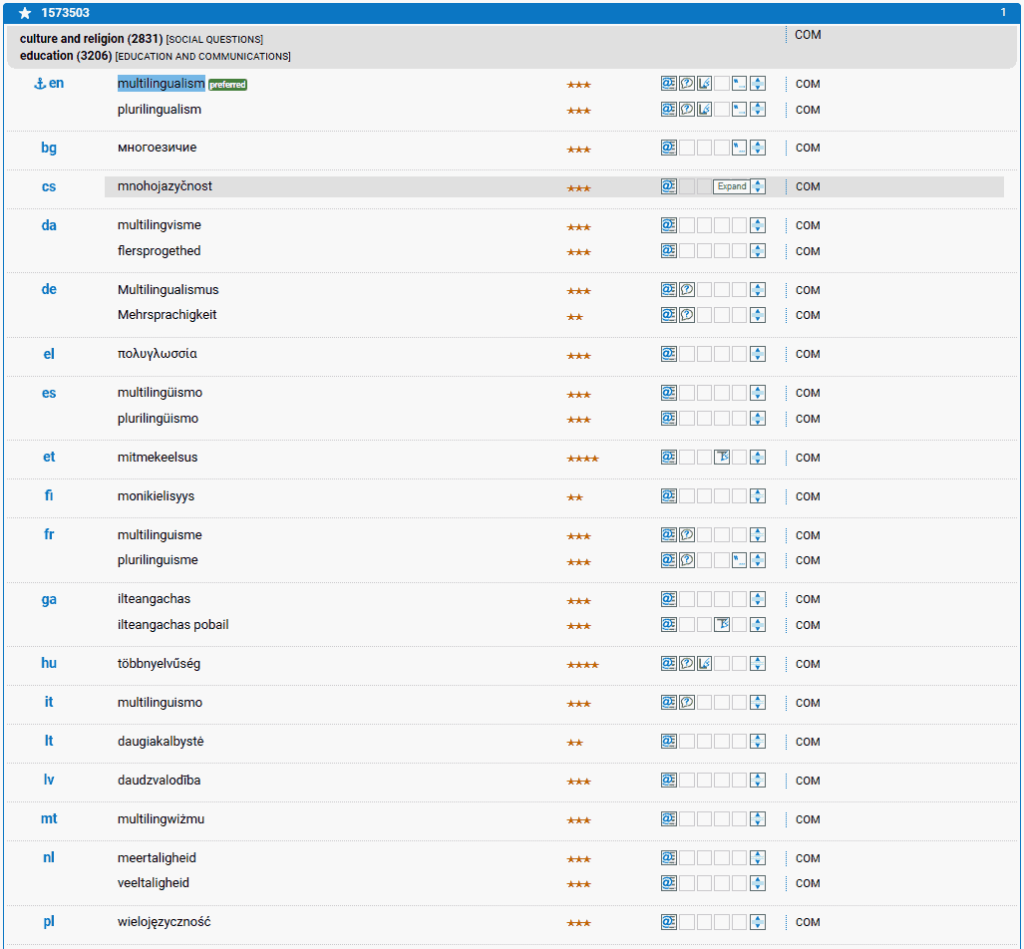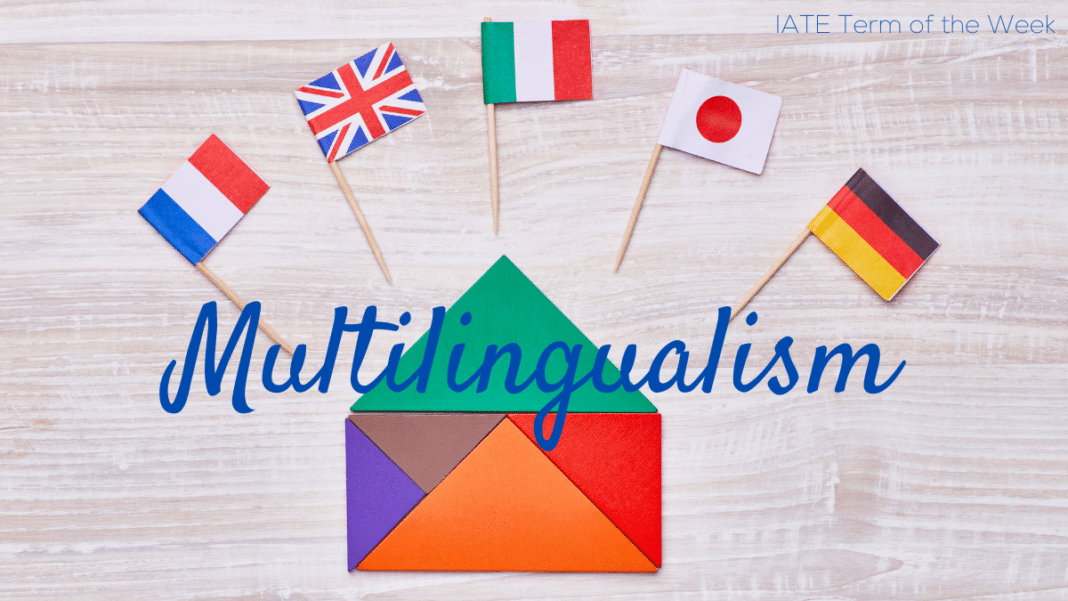Multilingualism and legal aspects in the EU
Multilingualism is the capacity of humans to communicate either individually or collectively. We talk about individual multilingualism when it refers to an individual’s ability to master and use two or more languages appropriately in any circumstance. In contrast, in a collective way, societal multilingualism refers to the contexts, circumstances, order, manner and routines of the use of languages in different kinds of community organizations and groups. People are not only aware of it, but often regulates their language practices through the way they deal with the language varieties they know, and by introducing additional language varieties into their communal life.
The EU is highly enriched in a multilingualism reality thanks to the millions of speakers (given any circumstance) of the different official languages, co-official languages, dialects or different accents… But how does the EU respect its multilingual society?
The EU counts with 24 official languages since Croatia has became a member of the EU in 2013 and it respects linguist diversity, prohibits discrimination on account of language and provides to its citizens the right to communicate with the institutions in any official language given the principle of multilingualism which can be found in the Charter of Fundamental Rights of the EU. The language policy is based on the creation of an intercultural dialogue throughout the EU. In order to put mutual respect into practice, the EU promotes the teaching and learning of foreign languages and the mobility of every citizen through dedicated programmes for education and vocational training. Foreign language competence is regarded as one of the basic skills that all EU citizens need to acquire in order to improve their educational and employment opportunities. The EU also works with Member States to protect minorities, on the basis of the Council of Europe’s European Charter for Regional or Minority Languages.

Sources:
http://www.europarl.europa.eu/RegData/etudes/BRIE/2017/595914/EPRS_BRI(2017) 595914_EN.pdf. Accessed August 18, 2019.
Bibliography for APG5702 Bilingualism (Online) BETA. Bibliography for APG5702 Bilingualism (Online) | Monash University. https://monash.rl.talis.com/lists/3E5FBC27-6CC8-68FF-4462-BE9A4B9E7C6D/bibliography. Accessed August 18, 2019.
Cenoz J. Defining Multilingualism: Annual Review of Applied Linguistics. Cambridge Core. https://www.cambridge.org/core/journals/annual-review-of-applied-linguistics/article/defining-multilingualism/43CE7314179D99DF482C36287AEB7FB0. Published November 29, 2013. Accessed August 18, 2019.
Language policy: Fact Sheets on the European Union: European Parliament. Fact Sheets on the European Union | European Parliament. http://www.europarl.europa.eu/factsheets/en/sheet/142/language-policy. Accessed August 18, 2019.
Language policy: Fact Sheets on the European Union: European Parliament. Fact Sheets on the European Union | European Parliament. http://www.europarl.europa.eu/factsheets/en/sheet/142/language-policy. Accessed August 18, 2019.
Lex Access to European Union law. EUR. https://eur-lex.europa.eu/legal-content/EN/TXT/?uri=celex:12012P/TXT. Accessed August 18, 2019.
STAS M. EU languages. European Union. https://europa.eu/european-union/about-eu/eu-languages_en. Published May 23, 2019. Accessed August 18, 2019.
The Routledge Handbook of Multilingualism: 1st Edition … https://www.routledge.com/The-Routledge-Handbook-of-Multilingualism-1st-Edition/Martin-Jones-Blackledge-Creese/p/book/9780415496476. Accessed August 18, 2019.

This week, you can tune in to another IATE goes Audio feature: click below to listen to ‘Multilingualism’ explained in Portuguese.

Written by Maria Blanca Escudero Fontan, trainee in the Direction of the Directorate B and in TermCoord. Holds a Degree in Translation and Interpretation ( Universidade de Vigo) and a MA in International Studies (USC).

